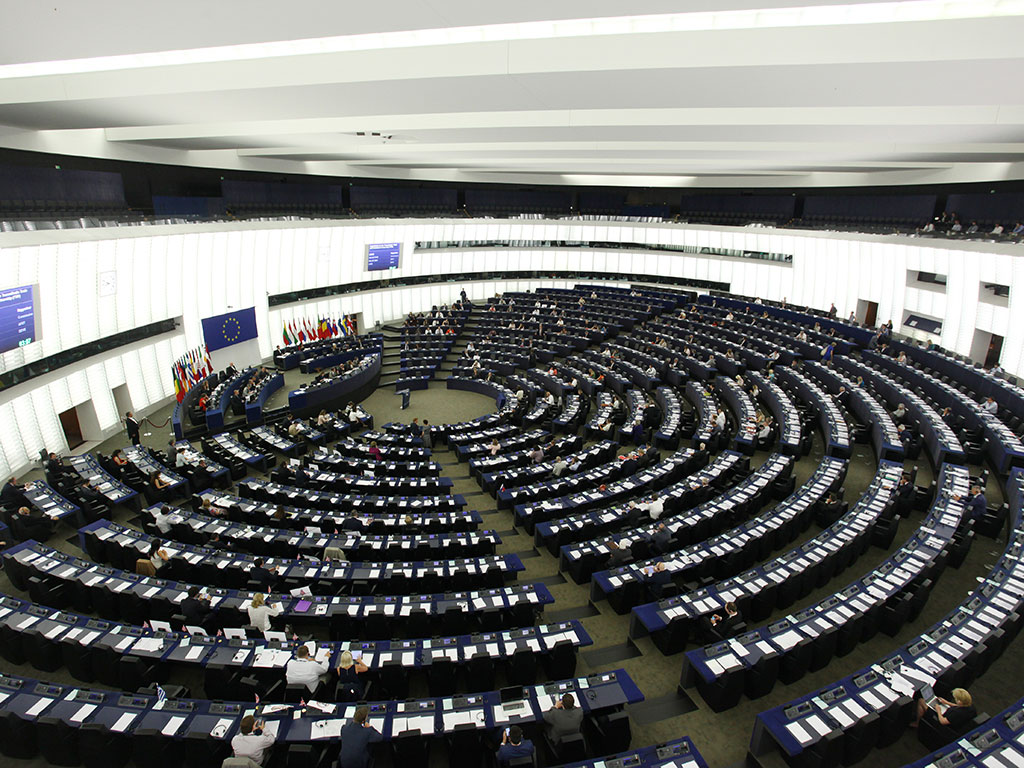European Parliament rules against net neutrality
In a controversial move, MEPs have voted against a package of amendments that would ensure net neutrality across Europe

The European Parliament has controversially voted against a package of rules concerning the management of internet traffic
On October 27, the European Parliament voted against a package of rules concerning the management of internet traffic, upon the basis that the move will create an internet “without discrimination”. However, the decision to reject a series of regulatory amendments has created uproar among tech companies and NGOs, which claim that due to various loopholes, net neutrality will not be safeguarded.
The decision to reject a series of regulatory amendments has created uproar among tech companies and NGOs
The other throng of decision, which will be welcomed by many, entails the abolishment of roaming charges within the EU by 2017. If fact, some believe that the reason that a large majority of MEPs had rejected the amendments package was so as not to cause further delays.
The package, as voted by MEPs, will create ‘fast lanes’ for specialised services, such as remote medical surgeries and self-driving cars. Internet service providers will also be able to offer customers ‘zero-rating’ services, in which customers can freely access sites and services outside of their data plans. Due to the overall vagueness of the rules however, many argue that it will be easy for internet companies, particularly large ones, to create deals with service providers that are disadvantageous for other market players.
Another possible consequence, which affects firms that supported the proposed amendments, including Netflix, SoundCloud, Etsy and Kickstarter, could involve sizeable fees to ensure that customers continue to receive data promptly. The Brussels-based lobby group, European Digital Rights, has also warned against an internet in which there are slow lanes and fast lanes for traffic, dependent on the fees paid for by content providers, or if the ‘zero-ratings’ loophole is used.
Even the creator of the World Wide Web had voiced his support of the amendments, “To keep Europe innovative and competitive, it is essential that MEPs adopt amendments for stronger “network neutrality” (net neutrality),” Sir Tim Berners-Lee wrote in a blog post for the Web Foundation. “If adopted as currently written, these rules will threaten innovation, free speech and privacy, and compromise Europe’s ability to lead in the digital economy,” he added.













